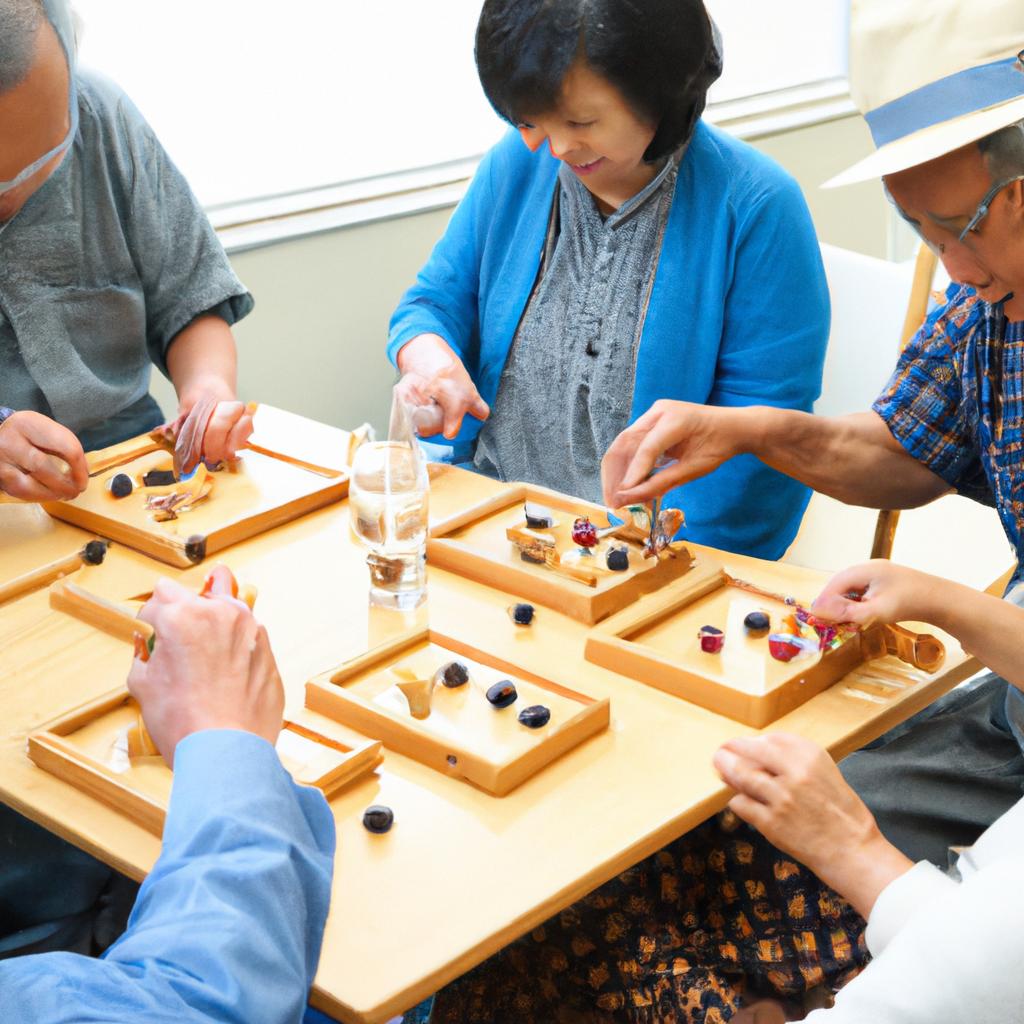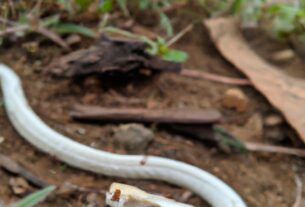As we age, it’s crucial to keep our minds and bodies active to maintain overall well-being. But did you know that staying socially active is just as important? In Japan, they have a concept called “fureai” that emphasizes the value of social interaction between generations. Let’s explore the significance of “fureai” in Japanese culture and how it can improve health and community bonding.
What is “Fureai”?
“Fureai” is a Japanese term that refers to social interaction between people of different generations, especially between the younger and older generations. It’s a way for the younger generation to show respect and care for the elderly while also learning from their wisdom.
The Importance of “Fureai” in Japanese Culture
In Japan, with its high aging population and longer life expectancy, promoting social interaction among different generations has become crucial. “Fureai” helps bridge the gap between the younger and older generations, creating a sense of community and mutual support.
Studies have shown that social interaction has a significant impact on mental and physical health. “Fureai” can reduce the risk of depression and loneliness in older adults, leading to a better quality of life. It also fosters a sense of purpose and belonging, which improves overall well-being.
Benefits of “Fureai”
Physical and Mental Health Benefits
“Fureai” provides numerous benefits for people of all ages. Social interaction can lower stress levels, reduce blood pressure, and boost the immune system, resulting in a longer and healthier life. Spending time with older adults can also provide a sense of purpose and meaning, essential for mental well-being.
Social Benefits and Sense of Community
“Fureai” activities create a sense of community and mutual support among different generations. It’s an opportunity to learn from one another, share experiences, and build long-lasting relationships. Participating in “fureai” activities also provides a sense of belonging, crucial for social well-being.
Intergenerational Connections
“Fureai” activities bring together people of different ages and create a platform to bridge the gap between generations. The younger generation can learn from the older generation while showing respect and care. Simultaneously, the older adults can pass on their knowledge and wisdom, preserving cultural heritage.
Examples of “Fureai” Activities
“Fureai” activities can take many forms, from formal volunteer work to informal social interactions. Here are a few examples of popular “fureai” activities in Japan:
Volunteer Work at Nursing Homes or Hospitals
Many nursing homes and hospitals in Japan rely on volunteers to help care for their residents and patients. Volunteers can assist with various tasks, such as serving meals and providing companionship to the elderly. This type of “fureai” activity benefits both the recipients and the volunteers, creating a sense of purpose and fulfillment.
“Fureai” Cafes and Community Centers
“Fureai” cafes and community centers provide spaces for different generations to come together, socialize, learn new skills, and participate in various activities. These centers often offer classes and workshops on cooking, gardening, and crafts, fostering connections and new friendships.
Pet Therapy Programs
Pet therapy programs bring trained animals, like dogs or cats, to nursing homes and hospitals. Interacting with these animals provides comfort and companionship, benefiting the mental health and well-being of older adults. It also promotes social interaction and connections within the community.
Challenges and Solutions for Promoting “Fureai”
While “fureai” is essential, various challenges need to be addressed to promote it effectively. These challenges range from cultural barriers and stigma surrounding aging to a lack of awareness and resources. However, collaborative efforts and government initiatives can help overcome these obstacles.
Changing cultural attitudes and reducing ageism is vital to promote “fureai.” Education campaigns can foster intergenerational understanding and inclusivity. Additionally, raising awareness and allocating resources through media campaigns, community events, and partnerships can enhance the promotion of “fureai” activities.
Collaborative efforts between organizations and government initiatives play a crucial role in promoting “fureai.” By developing innovative programs and allocating funding, society can create a supportive environment for “fureai” and improve the well-being of older adults.
Success Stories of “Fureai” in Japan
Japan’s commitment to social interaction and community bonding has led to the success of various “fureai” initiatives. Here are a few examples:
The “Silver Human Resource Center” Program
Established in 1992, this program matches the skills and interests of older adults with volunteer opportunities in local communities. It has successfully provided older adults with purpose and social engagement while benefiting the community.
The “Fureai Kippu” Exchange System
Created in 1995, this system acknowledges and compensates individuals who provide care and support for older adults. By volunteering their time and services, individuals earn “fureai kippu” that can be exchanged for services from other volunteers or professionals, creating a reciprocal system of care and support.
The “Elderly Health and Welfare Town” Initiative
Established in 2006 in Fujisawa, this comprehensive program supports the health and well-being of older adults. It includes various “fureai” activities, such as volunteer work, community events, and intergenerational programs. The initiative has successfully created a sense of community and mutual support, improving the health outcomes of older adults.
Join the “Fureai” Movement Today
Now that you understand the importance and benefits of “fureai,” it’s time to take action in your community. Volunteer at nursing homes or hospitals, participate in “fureai” cafes or community centers, or get involved in pet therapy programs. By participating in “fureai” activities, you can improve mental and physical health while fostering a sense of belonging and community.
Join the “Fureai” movement today and make a positive impact on your community. TooLacks


